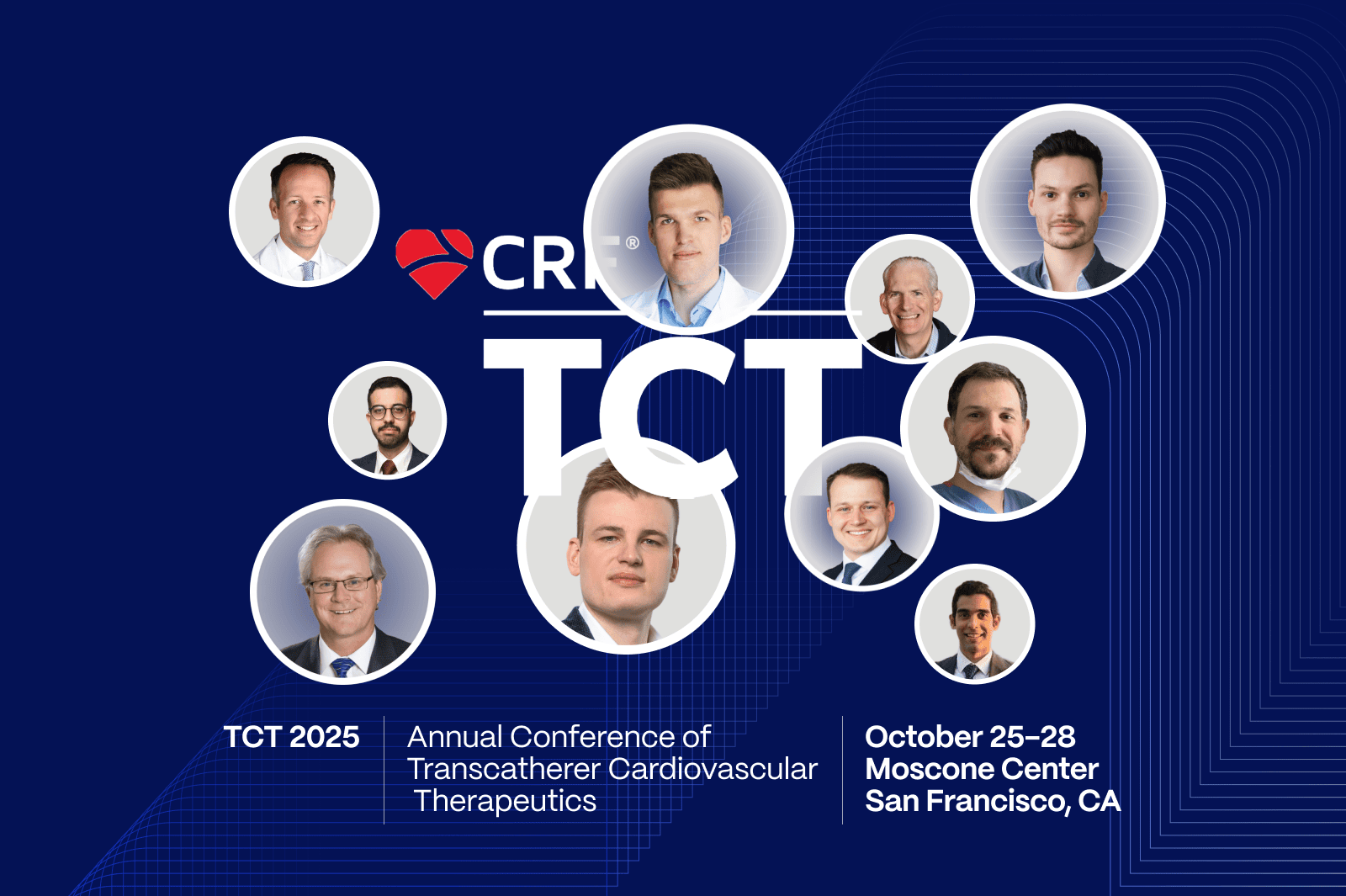Queen of Hearts AI ECG Analysis Demonstrates Breakthrough Accuracy in STEMI Diagnosis
Presented as Late-Breaking Science at TCT 2025 by Dr. Timothy D. Henry, simultaneously published in JACC: Cardiovascular Interventions
San Francisco, October 28, 2025 — A new study presented today at the Transcatheter Cardiovascular Therapeutics (TCT) conference demonstrated that using artificial intelligence (AI) to analyze electrocardiograms (ECGs) significantly improves detection of severe heart attacks (STEMI and STEMI equivalents) while reducing false-positive cath lab activations.
The study, published simultaneously in JACC: Cardiovascular Interventions, highlights how AI-based ECG interpretation could transform emergency cardiac care by enabling faster and more accurate triage from the moment of first medical contact.
Key Findings
In one of the first large, real-world evaluations of an AI-based ECG model for STEMI triage, researchers analyzed 1,032 patients who triggered emergency reperfusion protocols across three geographically diverse primary PCI centers between 2020 and 2024. Angiography and biomarker results confirmed that 58% of patients had true STEMIs, while 42% represented false-positive activations.
The STEMI AI ECG model—Queen of Hearts™—correctly identified 92% of true STEMIs on the initial ECG, compared with 71% detected by standard triage methods.
Moreover, Queen of Hearts™ also reduced false activations dramatically, achieving a false-positive rate of 7.9% versus 41.8% with standard triage—representing a fivefold reduction in unnecessary activations.
Learn more about the clinical validation of the Queen of Hearts™ AI model in the full publication:
Read the study in JACC: Cardiovascular Interventions
“These results indicate that AI-enhanced STEMI diagnosis at the first medical contact has the potential to shorten time to treatment and reduce false activations,” commented Dr. Timothy D. Henry, Director of Clinical Research at The Christ Hospital in Cincinnati and past president of the Society for Cardiovascular Angiography and Interventions (SCAI). “This technology may be especially valuable in optimizing the transfer of STEMI patients from non-PCI centers to ensure timely and appropriate care, currently only 17% of these patients make it to life-saving intervention in time”.
The Study in Context
ST-segment elevation myocardial infarction (STEMI) is a severe type of heart attack caused by the complete blockage of a major coronary artery. Rapid reperfusion through percutaneous coronary intervention (PCI) is lifesaving, yet many patients still face delays—especially in rural or non-PCI hospitals—where time-to-reperfusion exceeding 90 minutes triples mortality risk.
Traditional ECG interpretation can miss “STEMI equivalents,” subtle or atypical ECG presentations that represent acute coronary occlusion and should be emergently managed based on international guidelines. The Queen of Hearts™ model was designed to close this gap, trained on millions of ECGs to identify both typical and atypical occlusions, and to distinguish them from benign patterns like early repolarization or left ventricular hypertrophy.
“Up to 40% of STEMI patients do not present with typical ECG findings” said Dr. Robert Herman, PhD, lead author Chief Medical Officer at Powerful Medical and cardiovascular researcher at AZORG Hospital, Aalst, Belgium. “AI-driven ECG interpretation can reduce diagnostic gaps, especially at the first medical contact, streamlining access to care”.
Why It Matters
Each year, millions of ECGs are performed worldwide, yet diagnostic variability remains high, particularly for borderline or non-classic presentations of acute coronary occlusion. False-positive activations can strain hospital resources and increase costs, while missed occlusions delay critical treatment.
AI-driven tools like PMcardio’s Queen of Hearts™ offer a scalable, explainable, and validated approach to improving both accuracy and efficiency in emergency cardiac care. Beyond its proven accuracy in this study, the model also includes explainability heatmaps (ECGxplain™) that show which ECG regions contributed most to its decision—helping clinicians trust and understand AI-assisted results.
DIFOCCULT-3 RCT Confirms Clinical Impact of AI-Guided Occlusion Myocardial Infarction (OMI) Diagnosis
Results from the DIFOCCULT-3 Randomized Controlled Trial, the largest AI study in cardiology and emergency medicine, further reinforce PMcardio’s clinical value in reducing time to treatment in subtle coronary occlusions. Conducted across 18 primary PCI centers and enrolling 6,000 patients with acute coronary syndromes (ACS), the RCT compared the traditional Standard of Care ECG interpretation with an AI-assisted Occlusive/Non-Occlusive MI (OMI/NOMI) framework.
The AI-assisted arm achieved significantly faster reperfusion times and better post-PCI outcomes, including:
- nearly 5-hour reduction in ECG-to-balloon time for acute coronary occlusion patients without typical ST-elevation (p < 0.001)
- shorter door-to-balloon times (<90 min) (p < 0.001)
- higher post-PCI TIMI-3 flow rates (p < 0.001)
- Improved wall-motion recovery (WMSI <1.3) (p < 0.001)
Long-term primary endpoint outcomes, including 1-year mortality and unplanned readmissions, are currently being evaluated and are expected to be reported next year.
Together, the Queen of Hearts™ and DIFOCCULT-3 studies provide compelling evidence that AI can enhance clinical decision-making in acute coronary syndromes—from first medical contact to reperfusion. With a strong emphasis on rigorous, multicenter validation and explainable AI, PMcardio continues to set the benchmark for trustworthy, clinically proven AI in cardiovascular care, bridging the gap between innovation and real-world patient impact.
Ref:
- Queen of Hearts U.S. STEMI Validation Study — JACC: Cardiovascular Interventions: https://doi.org/10.1016/j.jcin.2025.10.018
- DIFOCCULT-3 Randomized Controlled Trial Design — JACC: Advances: https://www.jacc.org/doi/10.1016/j.jacadv.2025.102227
About TCT Conference
The Transcatheter Cardiovascular Therapeutics (TCT) conference is the largest and most prestigious annual meeting in interventional cardiology, bringing together thousands of clinicians, researchers, industry leaders, and innovators from around the world.
Organized by the Cardiovascular Research Foundation (CRF), TCT has been at the forefront of cardiovascular innovation for over three decades. The meeting serves as the global stage for unveiling groundbreaking research, pivotal clinical trial results, and transformative technologies that are redefining the way cardiovascular disease is diagnosed and treated.
Stay on the pulse with our newsletter
Your submission was successful
Media Kit and Press Resources
For journalists, partners, and conference organizers — access official press materials, study visuals, company background, and leadership bios in the Powerful Medical Media Kit.
















